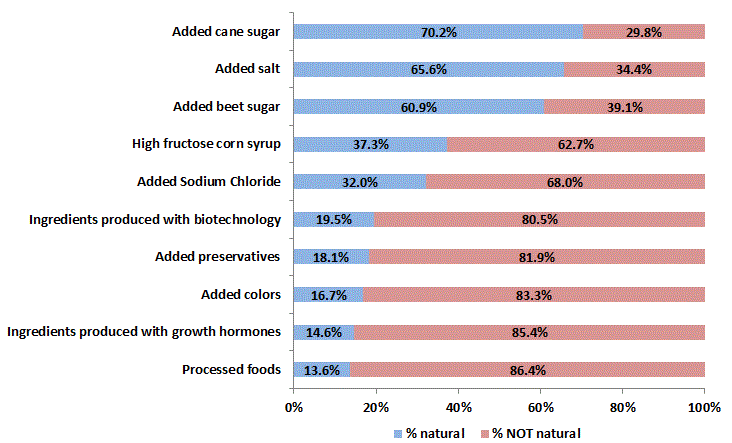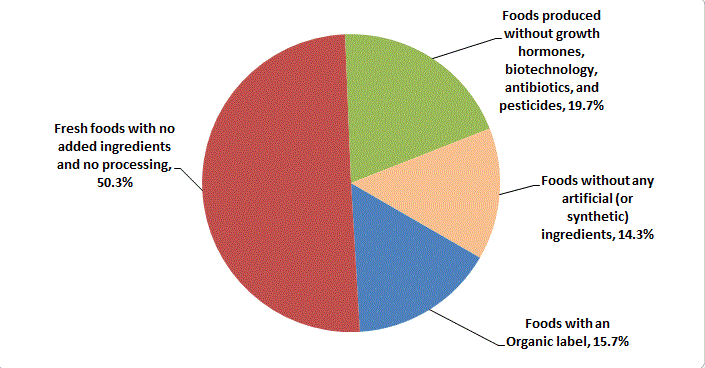That's the the title of a story in the winter issue of WSJ.Money magazine.
The piece documents the rise of the gentlemen and gentlewomen farmers: folks who made millions elsewhere and who are now trying their hand at agriculture - primarily organic agriculture.
Here are some of the folks jumping in:
It's late afternoon on a Friday, but Lerner, the 58-year-old tech pioneer who co-founded Cisco Systems, is still working, driving her Range Rover around the pastures and barns that make up her 800-acre Ayrshire Farm in Upperville, Va
. . .
The nation is in the middle of an organic-food boom, and in case you haven't noticed, a surprising number of boldface names are becoming part of it. That includes Oprah Winfrey, who is growing kale, carrots and more than 60 other varieties of vegetables, fruits and herbs on her organic farm on the Hawaiian island of Maui, as well as comedian Roseanne Barr, who is growing macadamia nuts and produce on her organic farm on Hawaii's Big Island. Fashion-world honchos George Malkemus and Anthony Yurgaitis—president and vice president, respectively, of designer shoe brand Manolo Blahnik—have a dairy farm in Litchfield, Conn., where the 325 cows are pasture-fed (at least when the weather allows; otherwise, they are given a special diet of high-quality hay and a premium feed)
Are they making any money?
It appears not. Indeed much of their fortunes are being lost (or rather perhaps we should say they are spending their fortunes on a consumption good or experience).
But by Lerner's own admission, she has yet to turn a profit on her $7 million-a-year business, which includes two additional farms in the area, bringing her total acreage to 1,200. And at times, it seems she is consciously running it as a nonprofit entity, especially given the considerable time and energy she devotes to research on organic farming practices.
It seems she is having to make some big changes:
she has taken a series of steps to save money, including farming out some of her operations and making adjustments in her meat-packaging operations. Her biggest step of all, though, is deciding to sell a good chunk of the farm. Indeed, some 600 of Ayrshire's 800 acres are now on the market, replete with the mansion she's restored. The asking price: $30 million. To many, this might be seen as an acknowledgement that Lerner has ultimately failed in her mission. She prefers to view it as the next step in the evolution of her business.
More generally:
But the good intentions of these type-A types notwithstanding, the economics of organic farming are a potential blow to their fairly large egos. These are individuals with scores of successes in life, but experts say that despite the price premiums that come with organic labeling or other likeminded practices, the math doesn't always work out. It is just too expensive to do. For that matter, almost all farming, organic or conventional, is a financial boondoggle when it's outside the realm of factory farming. The median projected income of the American farm in 2013? It's actually a loss of roughly $2,300, according to the U.S. Department of Agriculture. Is it any wonder that—the organic boom notwithstanding—the number of farms in the U.S. has been on a dramatic decline, from a high of nearly 7 million in the 1930s to 2.2 million today?
Although I have been critical of many of the claims of organic agriculture, one shouldn't be too quick to conclude that all organic farming is unprofitable. Indeed, many conventional producers have switched some of their operation to organic because they expect higher profits (i.e., they expect the higher price premiums for organic to compensate for lower yields and higher input costs). But, the ones making money at it typically aren't "gentlemen farmers" or mom-and-pop set-ups.
In terms of profitability, it may matter less whether one is an organic or non-organic farmer as compared to whether the producer uses efficient practices and technologies. For example, here is a study about dairies by some of my former colleagues at Purdue University published in the American Journal of Agricultural Economics. They show that the technology used by organic farms is less efficient than that used by non-organic (organic is about 13% less productive). However, there are differences in efficiency across farms, both organic and non-organic. As they say:
To our knowledge, our research is the first to show that economies of scale also exist in organic dairy production.
In other words, size matters - even if you're organic. Larger dairy farms are going to have lower costs. That's true for non-organic and it is true for organic. Also:
We find that compared to the Upper Midwest, the technology used by farms in the Southeast is more productive. Farms with cows of higher weight also produce more milk. . . .In terms of management practices we find that farms that tend to rent more of their land for either crop production or pasture are less productive. Intuitively, a renter does not have the same incentive as a land owner to invest in the productivity of the land. Farms that raise more of their own feed seem to be less productive. . . .
If gentlemen farmers want to make more money, they may have to stop being so gentlemanly and get down to business.

